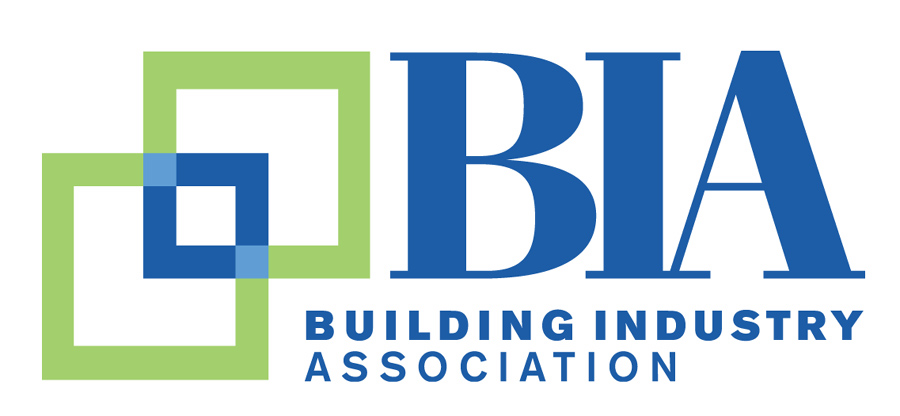Servicing Collier, Lee &
Charlotte Counties
About Us
Mission Statement
To fully serve Southwest Florida’s paving and sitework needs with honesty and integrity by providing a quality product, outstanding customer service, value and innovation.
About Bonness Enterprises Inc: Your Reliable Local Paving Experts
Bonness Enterprises Inc is a trusted leader in construction, paving, and site development services, proudly serving residential, commercial, and municipal clients. Our comprehensive offerings include driveway and parking lot paving, asphalt resurfacing, sidewalk and road construction, site grading and land clearing, excavation and demolition services, underground utility installation, storm drain and sewer line installation, potable water systems, and both residential and commercial renovations.
Our experienced team is committed to delivering durable, high-quality results that protect property, improve safety, and enhance curb appeal. Every project is handled with precision, attention to detail, and a focus on efficiency, ensuring work is completed on time and within budget.
At Bonness Enterprises Inc, we believe every project—large or small—deserves exceptional workmanship and reliable solutions. Our goal is to provide long-lasting results that meet the unique needs of each client while adding lasting value to their property.
Let's Get Started on Your Project
With just one call to us, we can have our experienced professionals work on your latest projects and achieve your ideal results. Call Bonness Enterprises Inc today at at (239) 326-0584 or fill out our online form to get started!
Family owned paving company.
Full service.
Bonness is a family owned and operated, full-service paving, sitework and underground contractor serving the needs of homeowners, condominiums, businesses, communities, contractors, developers, counties and municipalities throughout Southwest Florida.
Our team members, many of whom have been with us for decades, are a diverse group of highly motivated individuals who are dedicated to providing the highest level of service in the industry. Through honesty, integrity, and a strong commitment to customer service, Bonness has earned a reputation for being one of the best civil contractors in the region.

Kathy Bailie
President

Kathy Bailie
President
Kathleen Bailie took over the reigns at Bonness in 1984. As the president of a small company operating solely in Collier County, she managed the business operations, administration, and a small – but mighty – staff of 10 employees who specialized in driveway and parking lot paving. Under her guidance, Bonness diversified its products, expanded its territory to include all of Southwest Florida, and has grown tremendously, employing a team of more than 140 people today.
Throughout her 40 plus years with the company, Kathy developed an outstanding business acumen, surrounding herself with top-notch leaders which proved to be a key component in the company’s success. With the respect and loyalty of her employees for her fair, yet assertive way of doing business, Kathy has passed on those traits to those that work for her. The result is a company with exemplary customer service, something she considers as one of her most important achievements.
Kathy’s professional life extends deeply into the community she serves. She is Past President of the American Specialty Contractors of Florida and is an active member of the U.S. Chamber of Commerce Corporate Leadership Advisory Council, where she stays informed and advocates for small and mid-market businesses, which she considers to be the heart of our country’s economy.




Your Frequently Asked Questions. Answered.
-
Will I need a permit to build a new driveway?
The short answer is probably. Every city and county has its own requirements. You will likely need a right-of-way permit and in some cities you may also be required to secure a building permit. Check with your local authority on such matters.
-
What should I know before choosing a paving contractor?
The construction industry, like many industries, is plagued with unlicensed contractors. Unfortunately, driveway paving scams are especially common in our area, but you can avoid becoming another victim by following some practical guidelines:
- Be wary of someone selling door-to-door. A sure sign of a scam or unlicensed contractor occurs when someone comes to your door claiming to have leftover asphalt or pavers after completing another driveway. They in turn, will offer you a “great deal” good for one day only. A reputable contractor will know, with great accuracy, how much paving material is needed to complete a project. Rarely will they have leftover material. Therefore, if the deal you are offered today is not available tomorrow or next week, it is likely a scam.
- Never hire someone on the spot. Ask for references and be sure to check them before signing anything. Also, be sure to get a copy of the contractor’s license and certificate of insurance before allowing them access to your property.
- Watch out for unmarked trucks or out-of-area phone numbers. A little online research will reveal that the company has no permanent address and the phone number often goes directly to an answering machine. Reputable contractors proudly display their name on their vehicles and are required to post their license numbers as well.
- Insist on a written contract and avoid cash deals. Reputable contractors will accept checks or credit cards and will not require cash-only terms.
- Avoid a “deal” that seems too good to be true. If the quoted price seems very low, chances are the quality of work will also be quite low or not performed at all. If you have any doubts, get a second opinion from a locally advertised paving contractor.
-
What is asphalt made of and what are its characteristics?
Before you employ a paving contractor to install your asphalt driveway or parking lot, it is important that you know what you can expect from the product. Asphalt is a mixture of various grades of sand and rock (aggregate) and a tar-like substance (asphalt cement) which are heated and blended in an asphalt plant, according to a scientifically engineered mix design.
Asphalt is not poured like concrete, but is laid with an asphalt paver and compacted with rollers. The result is a contiguous smooth riding surface with no expansion joints. The process of laying asphalt requires some raking to assure a uniform thickness. Raking is usually performed at joints or seams and in areas where the paver cannot access easily and may result in some of the larger aggregate rising to the surface. You should expect some variations of texture in your completed pavement.
The asphalt curing process is also quite different than concrete. Asphalt cures over a period of months and even years, depending on sun exposure and other factors in the environment. Asphalt pavement will remain soft during this time and is susceptible to wheel-rashing and other scarring of the surface. Once the asphalt cures, this surface scarring becomes unnoticeable.
Asphalt pavement typically lasts between 10 and 15 years and after its useful life it can be overlaid with a fresh layer of asphalt. For more information, visit the Asphalt Contractors Association of Florida where you will find useful articles, links, and other resources.
-
